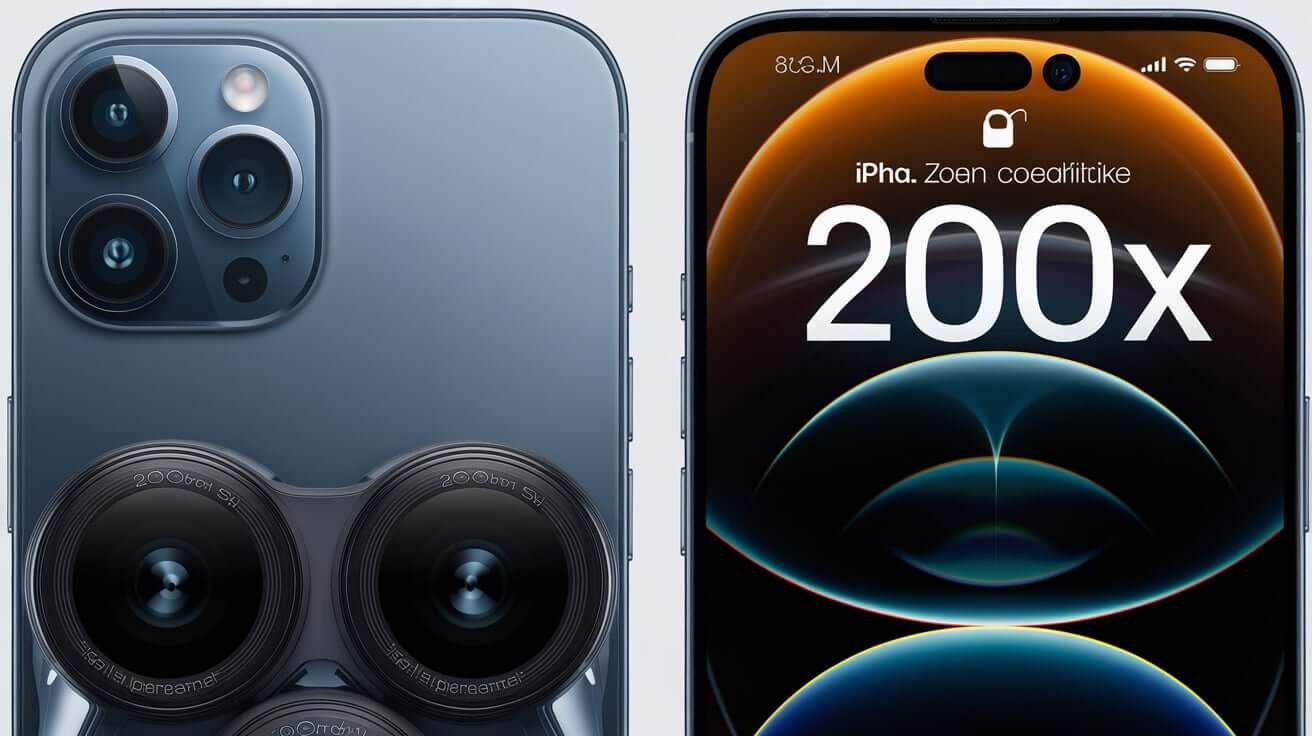In a surprising move, Indonesia has imposed a ban on the sale of Apple’s iPhone 16 series due to an investment shortfall. This decision highlights the growing trend of governments leveraging local regulations to encourage or enforce economic commitments from global tech giants. Here’s a closer look at the context, implications, and potential future impacts of Indonesia’s decision.

Background: Investment Requirements in Indonesia’s Tech Market
Indonesia has introduced strict regulations requiring major tech companies to make significant local investments as a condition for selling their products. These regulations aim to boost local manufacturing, create jobs, and foster economic growth in the country. In recent years, Indonesia has become one of the key markets for smartphone manufacturers, given its large population and increasing demand for tech products.
For companies like Apple, meeting these investment requirements often involves setting up manufacturing units, investing in local startups, or partnering with domestic firms. However, Apple’s investment commitments reportedly fell short of Indonesia’s required benchmarks, leading to the decision to ban the iPhone 16.
Apple’s Previous Compliance and Shortfall with iPhone 16
Apple has previously complied with local regulations in countries like India, where the company has ramped up its manufacturing efforts to secure market access. In Indonesia, however, it appears that Apple’s recent investments have not met the standards expected by regulators. Although details of the shortfall remain confidential, insiders suggest that Indonesia expected Apple to make additional investments to support local tech industries and manufacturing facilities.
Impact on Indonesian Consumers and the Market
- Restricted Access to Latest Technology: Indonesian consumers will be unable to purchase the iPhone 16 through official channels, potentially driving demand for alternative flagship smartphones from brands like Samsung, Xiaomi, and Oppo.
- Rise in Gray Market Sales: When popular tech products are restricted, they often become available through unofficial channels at a premium price, raising concerns about consumer protection, warranties, and product safety.
- Competitive Advantage for Other Manufacturers: Rivals who have met Indonesia’s investment standards may see this as an opportunity to capture Apple’s market share in Indonesia with their latest devices.
Implications for Apple and Other Global Tech Companies
The ban raises questions for other global tech companies operating in Indonesia. Companies like Google, Samsung, and Xiaomi might now be motivated to review their own local investment strategies to ensure compliance and avoid similar setbacks. The regulatory landscape could also push Apple to rethink its investment approach in emerging markets, especially those with large potential customer bases.
- Pressure on Apple to Increase Local Investments: If Apple wants to regain access to the Indonesian market for future iPhone models, the company may need to increase its investment in local initiatives, from manufacturing to training programs.
- Possible Precedent for Other Nations: Indonesia’s stance could influence other emerging markets to implement or reinforce similar requirements, leveraging local investment as a condition for access.
- Increased Compliance Costs: As more governments introduce stringent localization requirements, companies like Apple may face higher compliance costs, impacting pricing and operational decisions.
Potential Future Developments
- Negotiations and Potential Concessions: Apple may enter into negotiations with the Indonesian government to find a middle ground, potentially committing to more substantial investments or other forms of economic engagement.
- Shift in Apple’s Manufacturing Strategy: As Apple looks to balance local compliance with global demand, this situation may encourage Apple to build more robust, region-specific manufacturing plans to prevent similar sales disruptions in other regions.
- Impact on Consumer Sentiment: Prolonged absence of the iPhone 16 series could impact brand loyalty, as consumers may turn to competing brands that offer similar high-end features.



